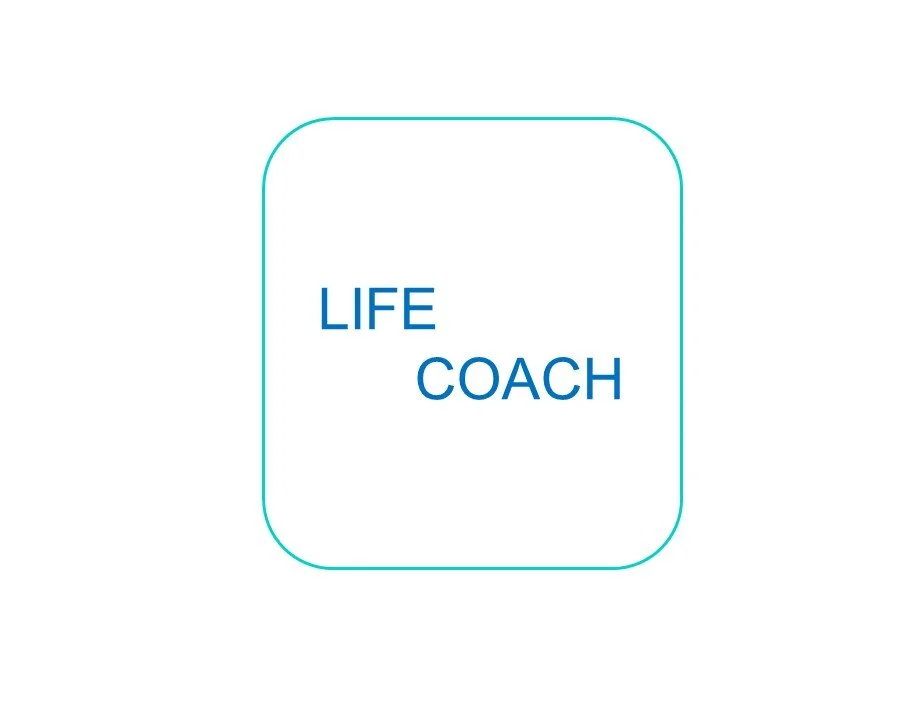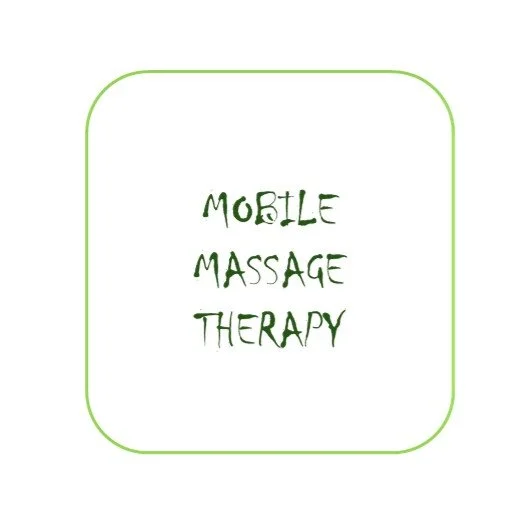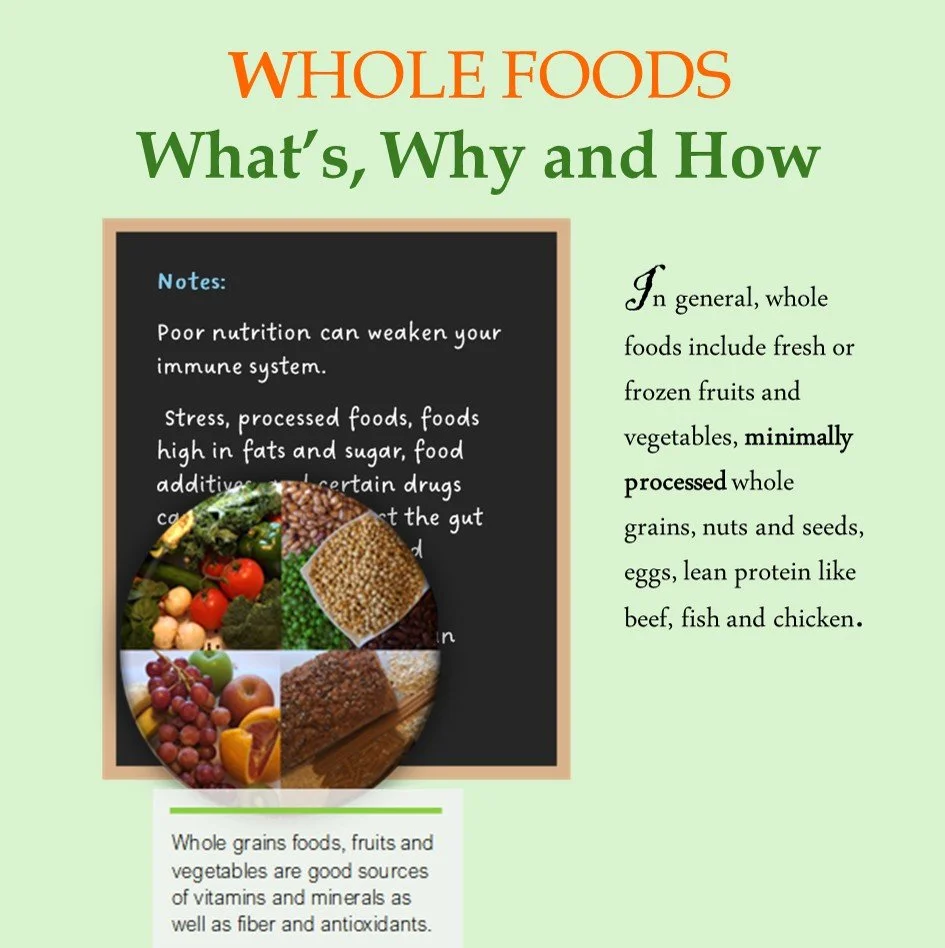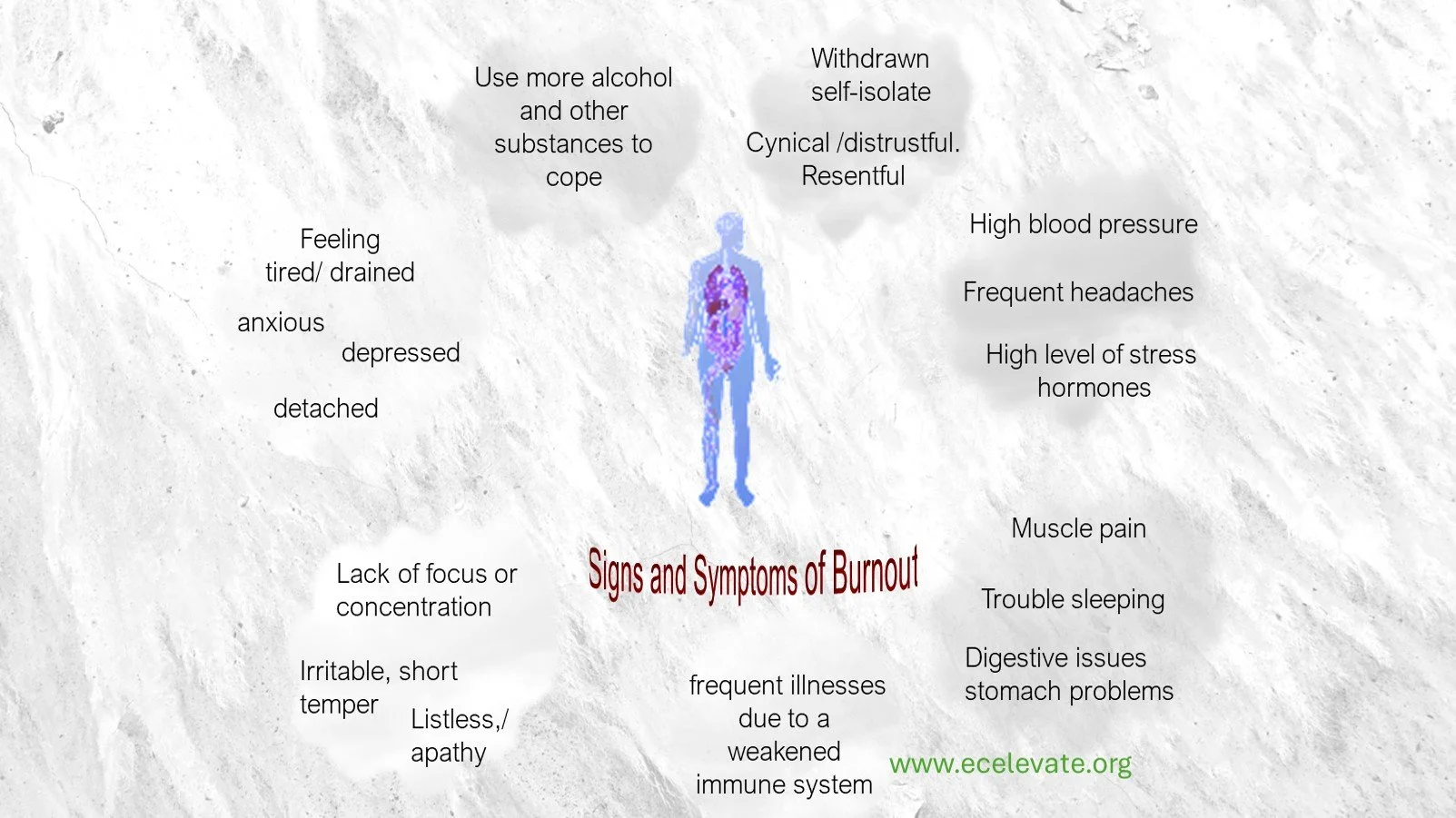
Welcome to our wellness platform. Explore research-driven solutions crafted to elevate your well-being
We provide education, coaching, consulting and exercise.
Our Approach
We offer resources and tools that empower you—online courses with videos, guides, and templates designed to help you explore your inner life at your own pace while building the skills and confidence to achieve your goals and overcome challenges.
Our services
-

Coaching
Virtual meetings to focus on what matters most and create a plan to reach your goals.
-

Nutrition Advice
Nutrition consultations
-

Kinesiology | Exercise Therapy
Calgary and Edmonton mobile services
-

Massage Therapy
Meet our team
-

Emma Kuffar, MPH
Health and wellness life coach based in Calgary, Alberta.
-

Johnson Rajabu, BSc
Kinesiologist and Clinical Exercise Physiologist.
-
Dietitian - Coming up soon
-

Massage therapist -coming up soon
Calgary and Edmonton Mobile Massage Therapy
Our solutions are designed for people who want to save time, reduce cost and achieve better results. Whether you are looking to improve effectiveness or opportunities, we’re here to help you succeed.
Book a consultation with a life coach, kinesiologist or dietitian today or register to our online course



